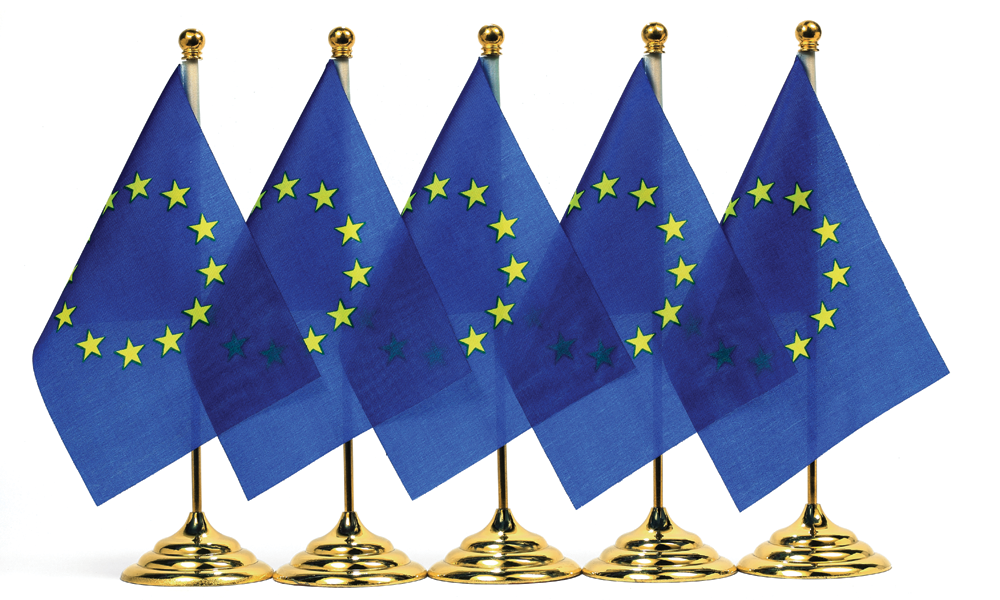
Global Spotlight: Grading EU Lobbyist Efforts
New survey data shows how EU lobbyists are calculating their influence.
Measuring the effectiveness of lobbying strategies is no easier done in the European Union than it is in the United States. But a new survey by global consulting firm Ellwood Atfield illuminates some of the ways European associations can calculate success and ultimately advocate better—and they’ll probably sound familiar to government relations professionals working in American legislatures.
“We did a survey of what makes an association good at lobbying,” says Mark Dober, a senior director in Ellwood Atfield’s Brussels office. And what the “2013 EU Association Lobbying Effectiveness Report” [PDF] notes is that, for European association lobbyists, timing is critical. Lobbyists need to keep ahead of lawmaking, meeting with legislators before pens hit paper.
“In other words, before [policies] are committed to writing, you’re right in there talking to legislators about the policies they’re thinking about, whether it’s environment or financial services,” Dober says. “Because once it gets written down on paper and gets to the proposal stage, it gets much harder to lobby on.”
Being consulted by legislators early on was the primary factor by which survey respondents measured lobbying success. It ranked higher than other measures, such as achievement against a strategic plan, reputation among high-level decision makers, returns on investment, cost savings, and feedback from members.
“Traditionally, it was how much money did you save your sector through good legislation or how much opportunity did you create,” Dober says. “What we’ve seen is a kind of evolution to an understanding that, given things are so complex here—with 28 member states and things taking so long to negotiate—the earlier you get in, the greater your chance of a positive outcome at the end of the process.”
But not all associations are getting in the door early. Out of a handful of “poor” lobbying practices—such as having poor briefing materials, being too aggressive, and failing to understand process and procedure—”being too late in the process” was the most common shortcoming among European associations, according to the survey, indicating a need for lobbyists to start prepping their strategies earlier.
Achieving favorable policy outcomes was the number-one expectation of European business association members, the survey reports, even before promoting an industry and its reputation.
(123ArtistImages/ThinkStock)






Comments